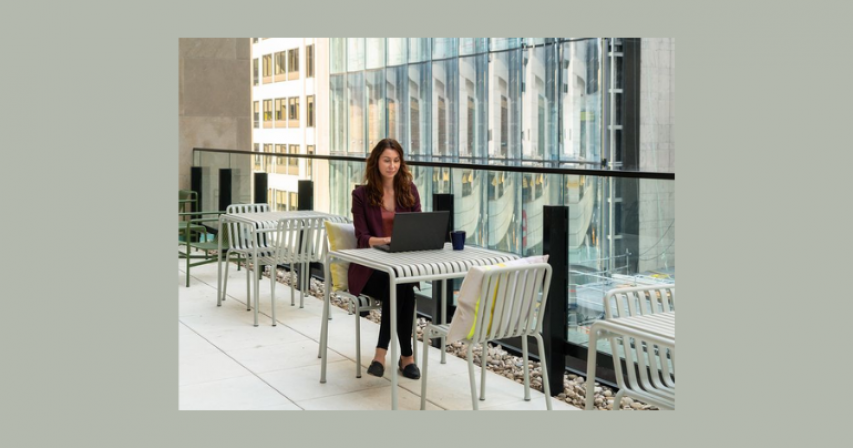Co-Working Booms in 15-Minute Cities

The concept of "15-minute cities" is gaining traction in the UAE and Saudi Arabia, leading to a surge in demand for co-working spaces, even within malls. As more residents seek to minimize commute times by living and working in close proximity, landlords are exploring the integration of co-working spaces into their properties.
Major players like Majid Al Futtaim Group have partnered with IWG to introduce co-working spaces in their malls across Dubai, signaling a shift towards creating office spaces in non-traditional locations. This trend extends to residential buildings as well, presenting an opportunity for co-working specialists like IWG to expand their presence in the region.
According to Marc Descrozaille, Regional CEO of IWG, the company aligns with the "15-minute city" concept by providing office spaces in mixed-use environments such as hotels, residential areas, and malls. The goal is to bring workspaces closer to where people live and play, thereby reducing commute times and enhancing convenience.
The push for less commute time is reflected in Dubai's urban plans, which prioritize the development of living and working spaces within close proximity. This emphasis on proximity is expected to be replicated in other cities as well, driving the need for infrastructure and transportation enhancements to support this model.
The shift towards hybrid work arrangements during the COVID-19 pandemic, initially characterized by remote work and later transitioning to a blend of home and office work, has also contributed to the increased demand for co-working spaces. With the slowdown in standalone office building construction, co-working options have become increasingly appealing to businesses, particularly with the surge in new enterprises entering the UAE market.
Descrozaille notes a significant increase in demand for co-working options, with landlords of residential buildings expressing interest in adding office spaces to their properties. They recognize the value proposition presented by co-working spaces, especially given the high demand for offices in the current market.
Furthermore, the "hub-and-spoke" model adopted by multinational corporations (MNCs) in the Middle East is expected to drive further demand for co-working spaces. Under this model, MNCs establish regional headquarters and satellite offices in multiple markets, seeking flexible solutions that co-working spaces can provide.
IWG has ambitious expansion plans for the Middle East, with 68 new locations added to its network in 2023 and a target of 500 additional locations over the next five years. The UAE, Saudi Arabia, and Egypt are identified as key markets for expansion, with IWG anticipating a doubling in size in these markets within the next two to three years.
In summary, the rise of "15-minute cities" in the UAE and Saudi Arabia is reshaping the demand for office spaces, driving increased interest in co-working options within mixed-use environments. As the region embraces this trend, co-working specialists like IWG are poised to capitalize on the growing demand for flexible office solutions.
By: Sahiba Suri





Comments